Pomegranates A Superfood With Many Benefits
Pomegranates may be a lot of work but they're loaded with so many health benefits, they're worth the effort. Check out the video on how to cut them!
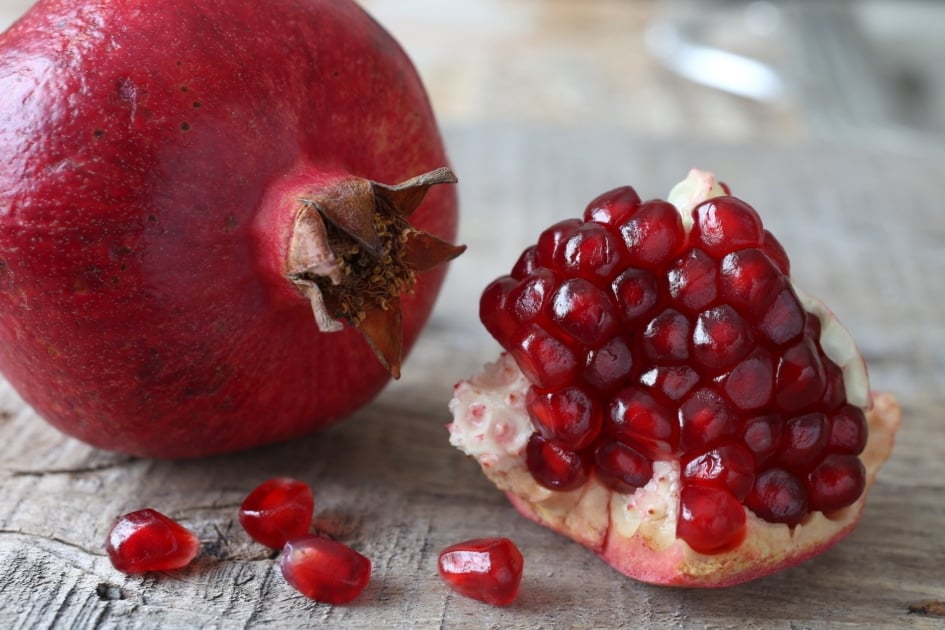
Possibly one of the most underappreciated and misunderstood fruits, the pomegranate, Punica granatum, has been cultivated for thousands of years. The ancient name pomum (Latin for apple) granatum (meaning seeded) eventually evolved into Punica granatum, named after the Phoenicians who expanded its cultivation. Throughout history, pomegranates have been revered as the “divine fruit” and rumored to have existed in the Garden of Eden.
Remarkably, the pomegranate is mentioned in Babylonian texts, the Homeric hymns, and the Book of Exodus. The ancient Egyptians considered it a symbol of prosperity and ambition, often depicting it in tomb paintings and other artworks.
In Turkish and Greek cultures, pomegranate seeds, known as anils, are associated with good fortune and prosperity. On New Year’s Eve, it is customary to smash a pomegranate on the floor near the entrance of homes to reveal its lucky seeds, which can range from 200 to 1,400!
Pomegranate is a customary food on the Rosh Hashanah table. The vast number of seeds in this fruit represents the desire for a productive and abundant life.
Although the flower, leaves, bark, and peel of the pomegranate are all edible, it is the sweet and hydrating pulp, known as the “sarcotest,” that surrounds the seeds that we typically consume. If desired, we also ingest the seeds along with the pulp. Furthermore, dried pomegranate seeds, which are readily available in specialty food markets and health food stores, make an excellent addition to trail mix, yogurt blends, or as toppings for ice cream and salads.
Pomegranate Benefits – The Powerhouse Fruit
Pomegranates are not only delicious, but they also offer a myriad of health benefits
Rich in Antioxidants
One of the main reasons pomegranates are considered a superfood is their high antioxidant content. Antioxidants help protect your cells from damage caused by free radicals, which are unstable molecules that can lead to chronic diseases and aging. Pomegranates are particularly rich in punicalagins, a type of antioxidant that is unique to this fruit. These powerful compounds have been shown to have anti-inflammatory and anticancer effects.
Heart Health
Several studies have found that pomegranates can have a positive impact on heart health. Research suggests that pomegranate juice may help lower blood pressure and reduce the buildup of plaque in arteries. The fruit’s high concentration of antioxidants may also contribute to these heart-protective effects. Incorporating pomegranates into your diet may help improve overall cardiovascular health.
Fights Inflammation
Chronic inflammation is linked to many diseases, including cancer, diabetes, and arthritis. Pomegranates have been shown to have anti-inflammatory properties, thanks to their rich antioxidant content. Consuming pomegranate juice or eating the fruit itself may help reduce inflammation in the body and potentially lower the risk of developing chronic conditions.
Boosts Immunity
Pomegranates are a great source of Vitamin C, which plays a crucial role in supporting a healthy immune system. Vitamin C stimulates the production of white blood cells, which are essential for fighting off infections and diseases. Including pomegranates in your diet can help strengthen your immune system and keep you healthy.
Digestive Health
Fiber is an essential nutrient for maintaining a healthy digestive system. Pomegranates are a good source of dietary fiber, which can help regulate bowel movements, prevent constipation, and promote a healthy gut. Adding pomegranates to your diet can support digestion and contribute to overall gut health.
Fun Fact: The January birthstone “garnet” got its name from the Latin word Garanatus, meaning “seedlike,” because the stones look similar to pomegranate seeds in size and color.
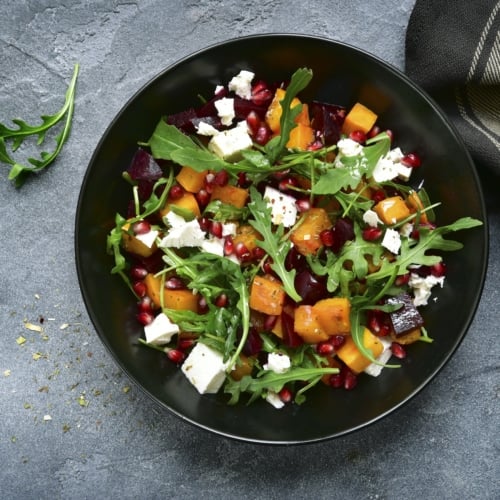
Golden Beet and Pomegranate Salad
Ingredients
- 3 golden beets
- 1 cup diced red onion
- 1/4 cup red wine vinegar
- 1/4 cup chicken broth (or vegetable broth for vegetarian option)
- 3 tablespoons Triple Sec or other orange-flavored liqueur
- 1 tablespoon sugar
- 1/2 teaspoon grated orange peel
- 1 cup pomegranate seeds
- Salt
- 2 cups arugula and butter lettuce leaves
- 1/4 cup crumbled feta cheese
Instructions
- Cook the beets – either boil them for 45 minutes or roast at 375° F for an hour. Let cool. Peel and dice into 1/2 inch cubes.
- In a medium skillet over high heat, bring diced beets, onion, vinegar, broth, liqueur, sugar, and orange peel to a boil, stirring often, until liquid is reduced to 2 tablespoons, about 5 minutes. Let cool to room temperature.
- Stir pomegranate seeds into the beet mixture and salt to taste.
- Serve on top of salad greens on individual plates. Sprinkle with feta cheese.
Beth Herman
Beth Herman is a freelance writer with interests in healthy living and food, family, animal welfare, architecture and design, religion, and yoga. She writes for a variety of national and regional publications, institutions, and websites.

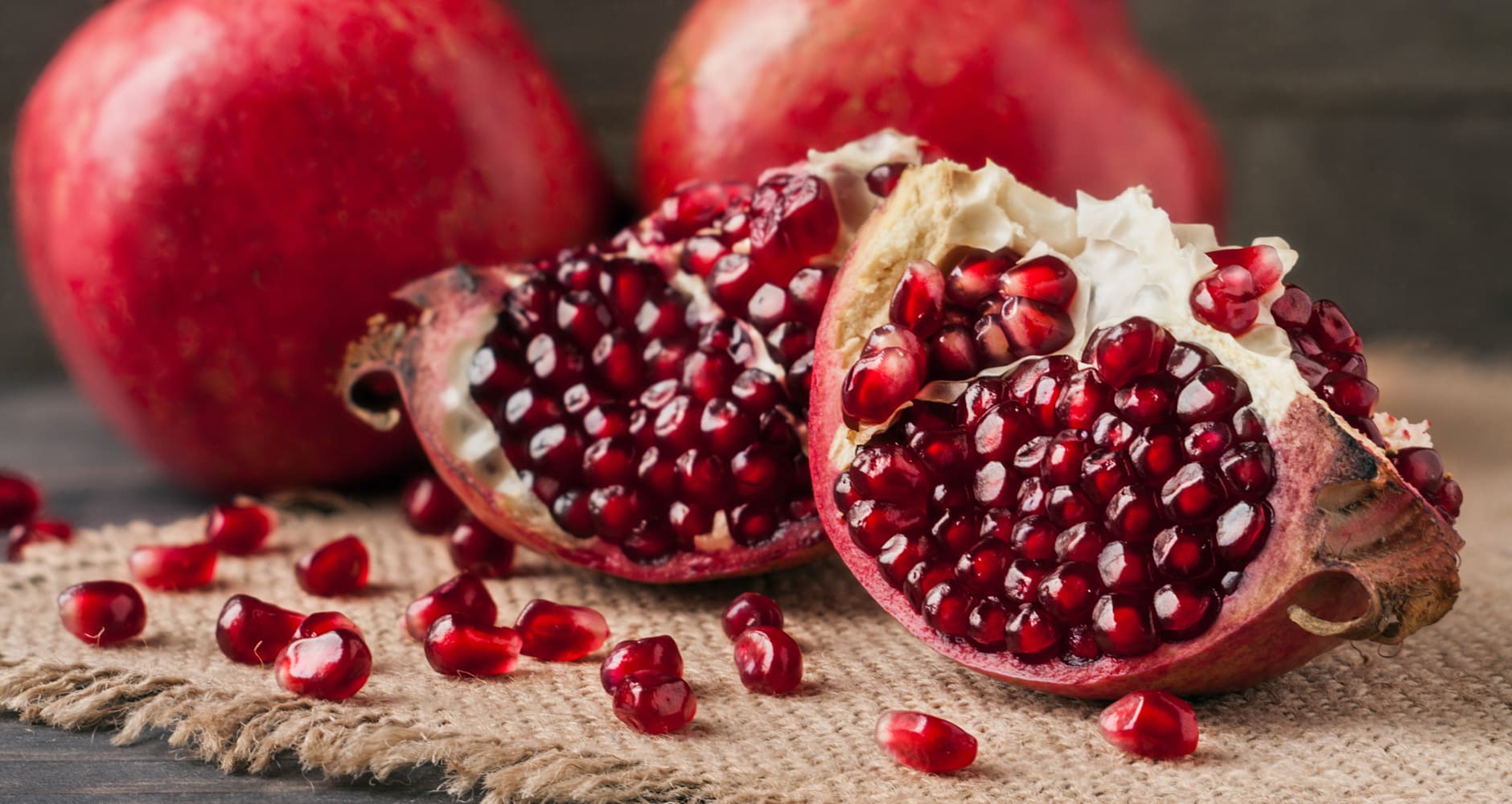
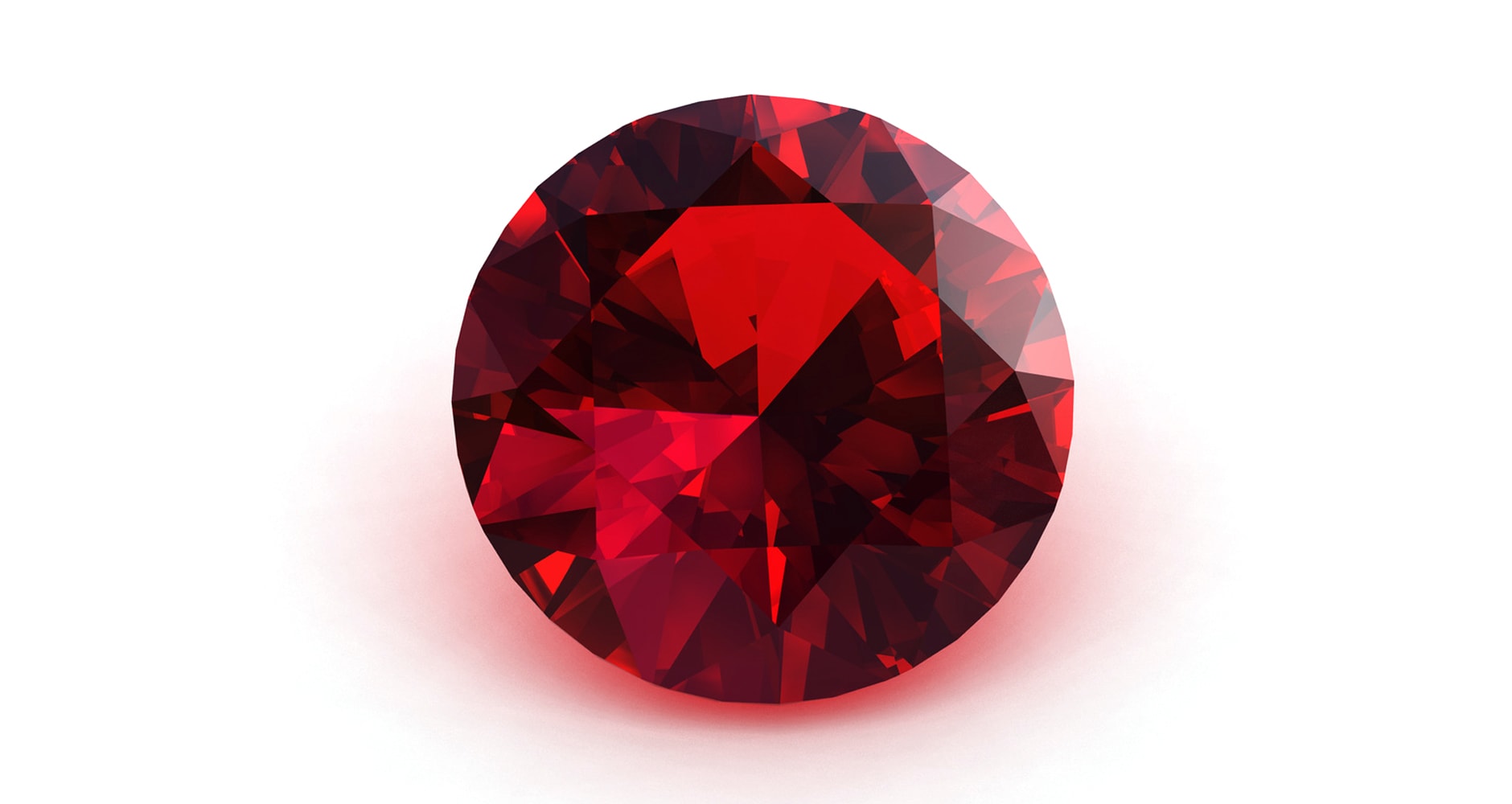

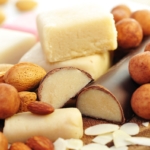

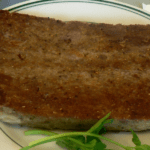

I have a recipe calling for pomegranate molasses and found directions to make it! It reminds me a bit of very good Balsamic vinegar. Wonder if I can can some ’cause the pomegranate season will end and then……….
Put the seeds in oatmeal. DELICIOUS!
during pomegranate season,these are in our household we eat them daily..yummy..
As a child I never ate the seeds. Now I always eat them. I just put a few seeds on a wet sponge to see if they will sprout.